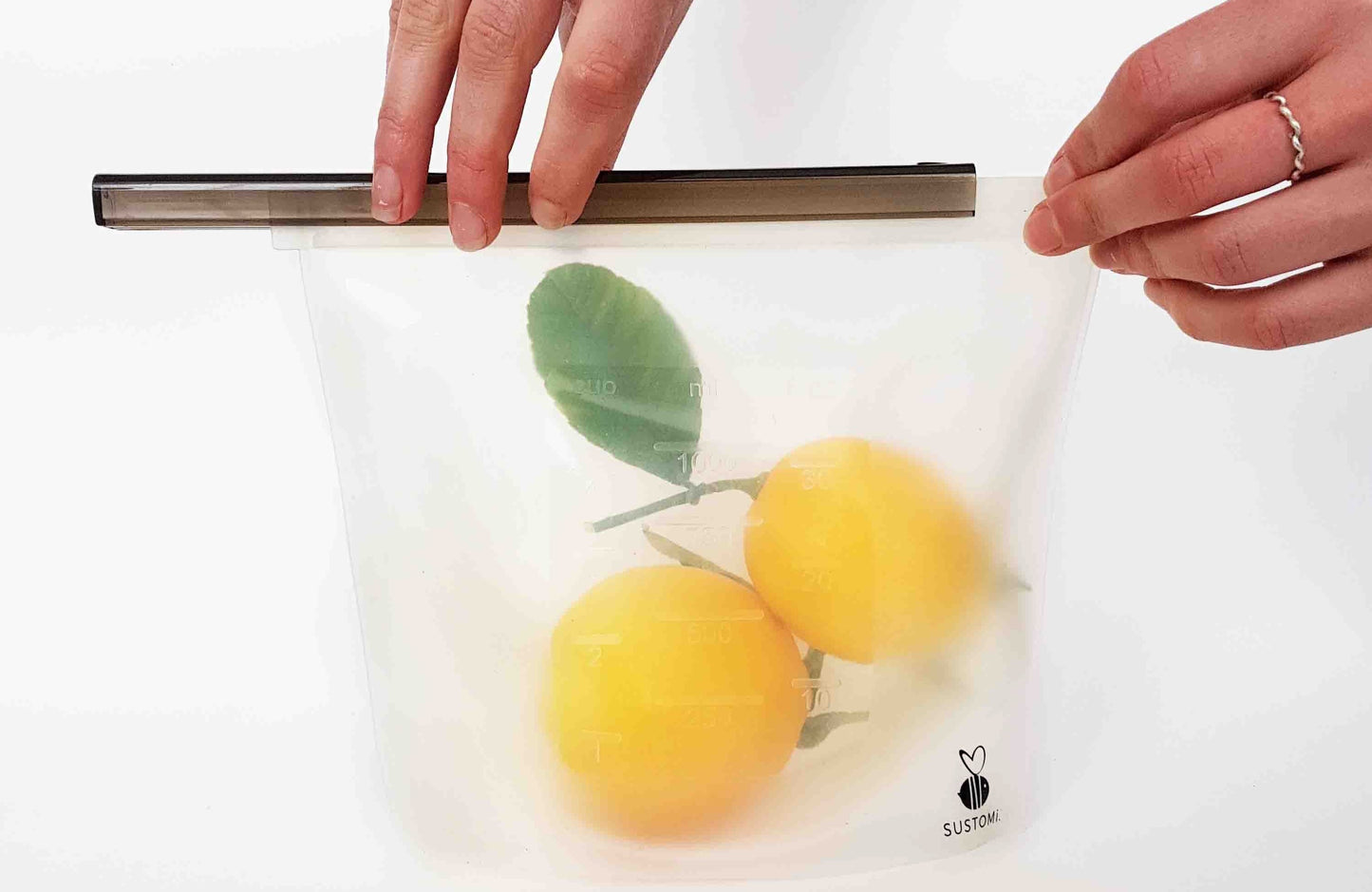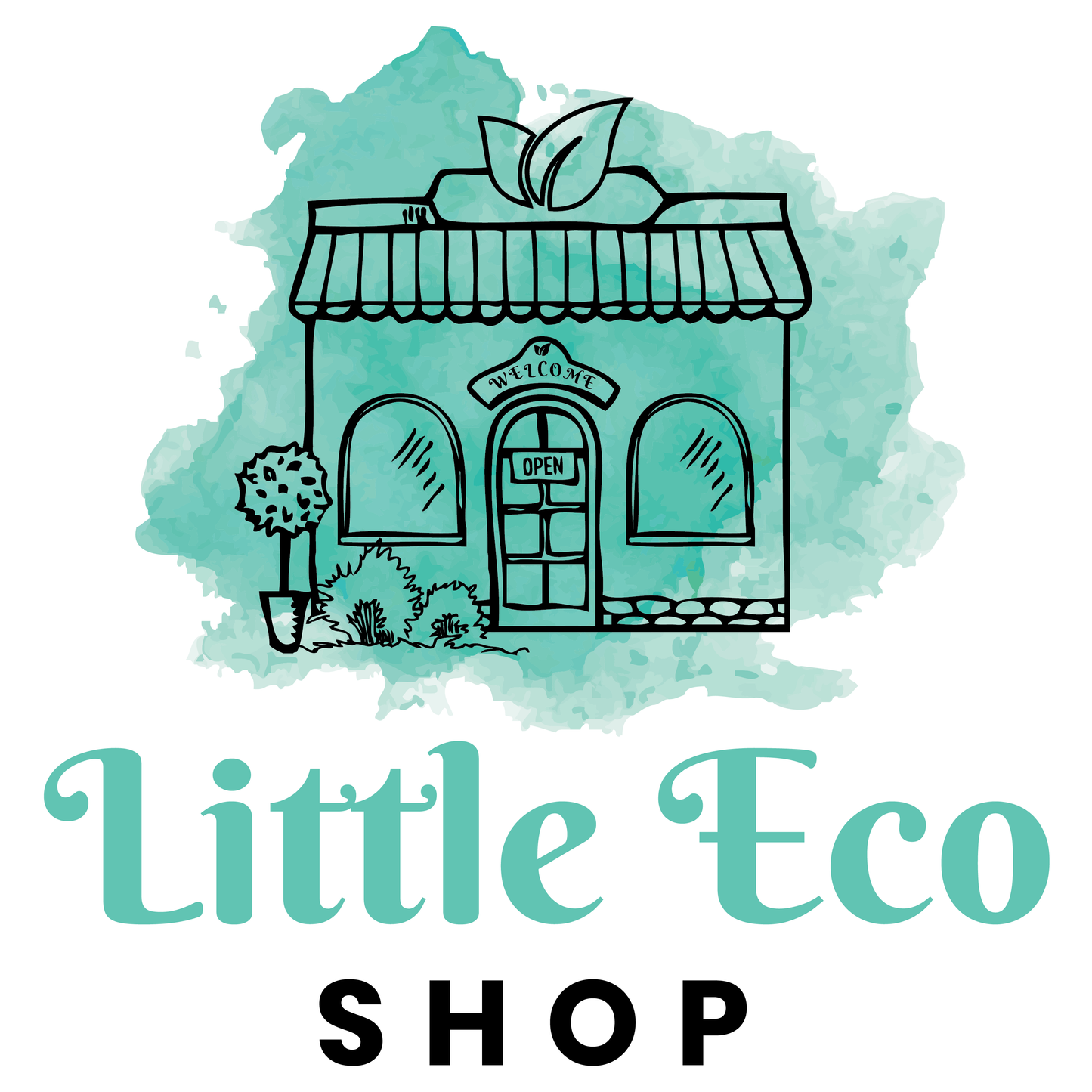
Cooking with loved ones is good for the soul, but it can be terrible for the environment, and your health! Common kitchen items are major culprits of household waste, used once and sent to the bin. Love to cook? Love the earth? Check out our line-up of kitchen villains and their eco-friendly counterparts, helping you serve up dinner, without a side of pollution.
The kitchen is the pulse of any home, alive with conversation and the aroma of tried and true favourites. Cooking with loved ones is good for the soul, but it can be terrible for the environment, and your health!
Common kitchen items are major culprits of household waste, used once and sent to the bin. Many of these products are manufactured, using synthetic chemicals, which contaminate the earth and jeopardise our wellbeing.
Love to cook? Love the earth? Check out our line-up of kitchen villains and their eco-friendly counterparts, helping you serve up dinner, without a side of pollution.
Suspect #1: Cling Wrap
The Multitasking Hero: Agreena Silicone Wrap
Even if you loathe single-use plastic, you can secretly appreciate cling wrap because it does what it says: it clings; it wraps. It’s just so nifty and effective. What we don’t appreciate is plastic clinging to the digestive tracts of sea creatures, and leaching endocrine-disruptors into our food.
It doesn’t matter if you reuse your wrap a handful of times, it’s still destined for one of two places: our waterways or landfills (especially now REDcycle have announced they no longer accept cling wrap for recycling), and it ain’t leaving for a century or more.
If you care about a greena world (ha ha), a reusable food wrap alternative is the way to go. Agreena silicone wraps are the pliable, washable solution for your wrapping needs, delivering all the same properties as cling wrap, minus the downside. They’re also oven-safe to 230 degrees, able to replace both alfoil and baking paper.
Suspect #2: The Plastic Bin Liner (Including ‘Degradable’ Liners)
The Exemplar: The Compostable Bag
Step right up to your local supermarket shelves and witness greenwashing at its finest – a range of bin liners and other single-use plastics, labelled as ‘degradable’. These are not, I repeat: NOT compostable, or even biodegradable, and are no better for the environment than traditional plastic bags. We don’t like to name names, but if the brand rhymes with Smultix – AVOID!
When plastic ‘degrades’, it breaks down into microplastics, which can more easily suffocate bird and marine life. Degradable plastic bags accelerate this process, so your bin liner can become turtle food in no time at all! Compostable materials, on the other hand, are made from plant materials, like corn starch, and break down readily in a composting system.
Choose a truly compostable bin liner such as Biotuff to collect your general waste (or indeed your compostable waste) and rest assured that it will decompose at home, in an industrial facility and in landfill without leaving plastic remains for centuries to come.
Suspect #3: The Ziplock Plastic Bag
The New Kid: Sustomi Silicone Food Pouch
Ziplock bags are undeniably convenient but they are just like any other plastic bag, in that they’re destined to remain perfectly intact in our environment for hundreds of years. Whether you use them for sandwiches, snacks, storing meat in the freezer or storing cheese in your fridge, there’s a less damaging, reusable alternative available to you.
I often get asked what can be used as an earth-friendly alternative for storing meat in the freezer. I recommend using containers that you may already have. Stainless steel or glass containers are ideal. But if you don’t have anything appropriate then Sustomi has the perfect, dishwasher-safe alternative to those flimsy plastic polluters. Their packs-of-two kitchen saviours are freezer-safe, microwaveable, and oven safe to 230 degrees, letting you freeze, heat and eat leftovers in the same packaging. Less dishes + less waste = win/win.
They’re also leak-proof, making them incredibly versatile – store broths, soups and stocks without spilling a drop. They also keep leafy veggies fresh in your fridge for aaaaages!
Suspect #4: Paper Towels
The Clean Freak: Bugsey Bee Un-paper Towels
Harnessing your inner MasterChef can give rise to the occasional kitchen disaster. If you’ve concocted an apocalyptic scene, in addition to a feast, you’ll want thick and thirsty wipes to take care of the mess.
It is estimated that 254 million tonnes of paper towel is discarded, each year. Bugsey Bee cloth towels, paired with wooden towel holder, are the ideal substitute. They behave just like paper towels, but with greater absorbency and cuter designs. When you’re finished, just rinse, wring and throw them in the washing machine.
Once the good guys have taken over, the only thing you’ll feel guilty about in the kitchen is your latest carbohydrate binge. Check out Little Eco Shop for our full range of eco-solutions for kitchen and home.
